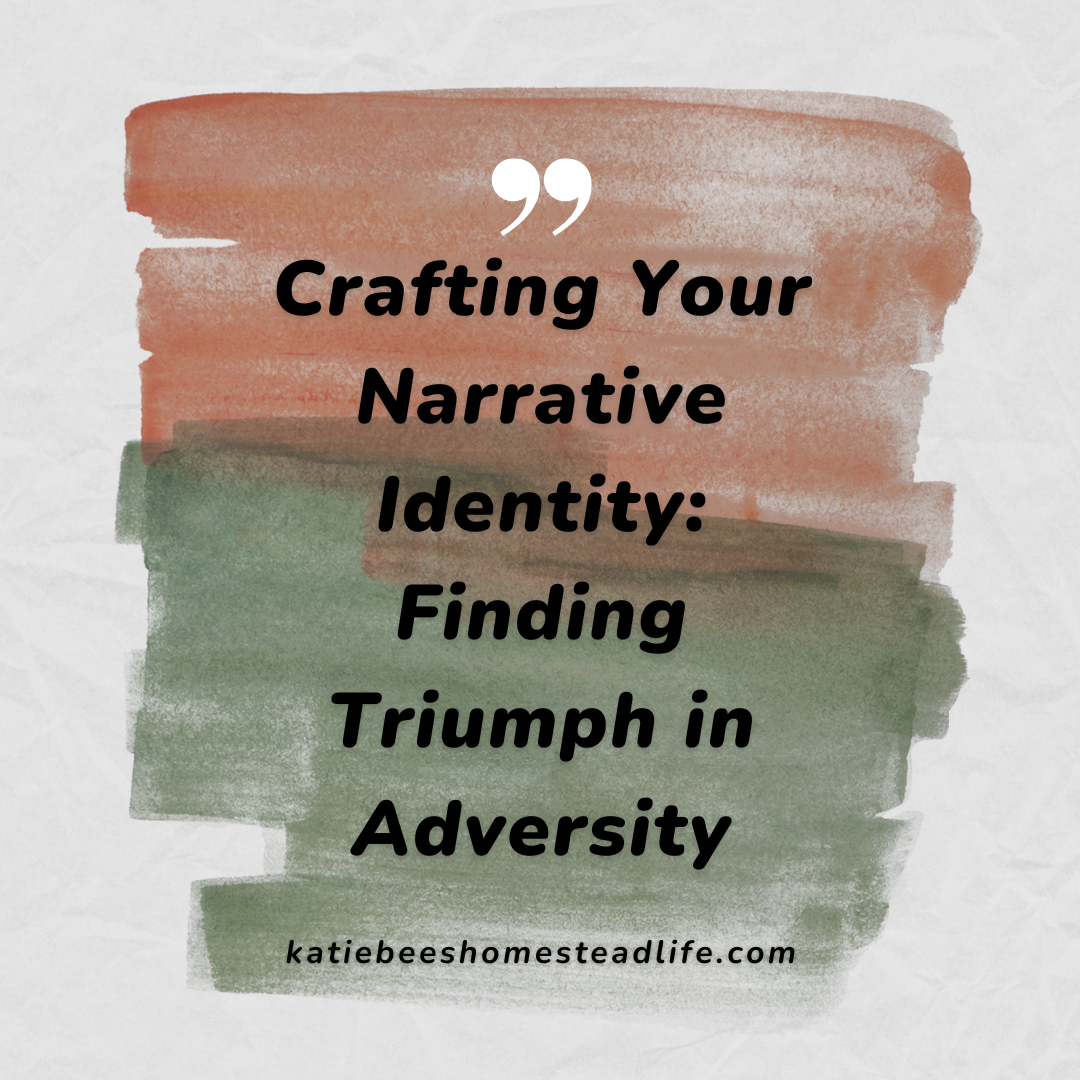Narrative identity, a concept introduced by psychologist Dan P. McAdams, delves into the idea that we construct our identities through the stories we tell about ourselves. These narratives encompass our past experiences, present circumstances, and future aspirations, shaping our sense of self and guiding our actions.
Doom and Gloom: In times of adversity, it’s easy to succumb to narratives of despair and hopelessness. These stories often focus on the negative aspects of our experiences, emphasizing setbacks, failures, and limitations. However, dwelling solely on doom and gloom can trap us in a cycle of negativity, hindering personal growth and resilience.
Facts and Insights: Research in psychology suggests that individuals who adopt a pessimistic narrative tend to experience higher levels of stress, anxiety, and depression. Studies have shown that dwelling on negative events can amplify their emotional impact, leading to rumination and a distorted perception of reality.
However, acknowledging challenges and setbacks is essential for personal development. Embracing the complexities of our narratives, including moments of struggle and adversity, can foster resilience and psychological growth.
Resources:
- Dan P. McAdams’s book “The Redemptive Self: Stories Americans Live By” provides valuable insights into the role of narrative identity in shaping personal growth and development.
- Carol S. Dweck’s research on mindset explores how our beliefs about our abilities influence our response to challenges. Her book “Mindset: The New Psychology of Success” offers practical strategies for cultivating a growth mindset.
Triumph Through Crisis: On the other hand, narratives of triumph through crisis highlight the resilience and strength we discover in the face of adversity. These stories emphasize perseverance, courage, and growth, portraying challenges as opportunities for learning and self-discovery. By reframing our narratives, we can find meaning and purpose in the most difficult of circumstances.
Facts and Insights: Studies on post-traumatic growth have shown that individuals who undergo significant adversity often experience profound personal transformation. These experiences can lead to greater self-awareness, enhanced relationships, and a renewed sense of purpose.
Moreover, narratives of triumph through crisis can inspire others and foster a sense of collective resilience. By sharing our stories of overcoming challenges, we not only empower ourselves but also create connections with others who may be facing similar struggles.
Resources:
- Viktor E. Frankl’s classic work “Man’s Search for Meaning” explores the human capacity for finding meaning in suffering and adversity. Drawing from his experiences in a Nazi concentration camp, Frankl emphasizes the importance of resilience and purpose in navigating life’s challenges.
- Brené Brown’s research on vulnerability and shame offers valuable insights into the power of owning our stories and embracing imperfection. Her book “Rising Strong: How the Ability to Reset Transforms the Way We Live, Love, Parent, and Lead” provides practical tools for resilience and growth in the face of setbacks.
Conclusion: In crafting our narratives of identity, we have the power to choose the stories we tell about ourselves and our experiences. While doom-and-gloom narratives may seem compelling in times of crisis, embracing a narrative of triumph through adversity can lead to profound personal growth and resilience. By acknowledging our challenges and reframing our stories, we can find meaning, purpose, and strength in the face of adversity. As we continue to grow and learn, let us strive to cultivate narratives that inspire hope, resilience, and connection.
Additional Reading:
- “Narrative Identity and the Redemptive Self” by Dan P. McAdams
- “The Power of Story: Rewrite Your Destiny in Business and in Life” by Jim Loehr
- “The Hero with a Thousand Faces” by Joseph Campbell
With love,
Kayla (Katie Bee)

